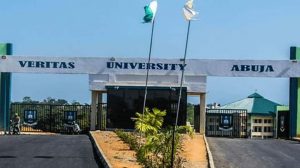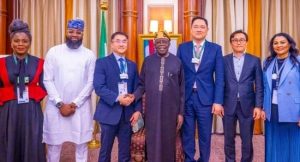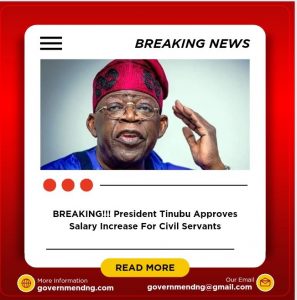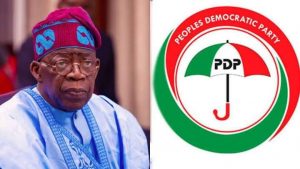Doubts Mount Over Tinubu’s Economic Stewardship Amidst Nigeria’s Economic Uncertainty

President Bola Tinubu is facing increasing criticism over his handling of the economy, with many expressing doubts about his ability to turn around Nigeria’s economic fortunes. Just a month into the year, there is widespread skepticism about the economy’s direction, leading some to question Tinubu’s reputation as a competent economic manager.
If the current administration fails to deliver on its promise to reverse the downward trend in the economy, it would be a significant setback for Tinubu, who was hailed as a proficient economic manager in last year’s polls. However, there are concerns about the lack of a cohesive policy framework to address the daunting economic challenges facing the country.
One area of concern is the Central Bank of Nigeria (CBN) under Yemi Cardoso, which has been criticized for its handling of monetary and credit policy intervention. There are reports that the CBN’s Monetary Policy Committee (MPC) has been operating without inputs from independent members, raising questions about the transparency and effectiveness of its decisions.
The value of the naira, Nigeria’s currency, has been a cause for alarm, with the currency losing significant value against the dollar. Last year, the naira was among the worst-performing currencies, losing 49% of its value at the official market. This depreciation has continued into the new year, with the naira trading at its weakest level against the dollar.
The situation has been exacerbated by the lack of stability in the foreign exchange market, with the naira fluctuating at both the parallel market and the Nigerian Autonomous Foreign Exchange Rate (NAFEX). This volatility has raised concerns among analysts and end-users about the currency’s future.
There are also concerns about the composition of the MPC, with reports suggesting that the committee has not been officially dissolved despite the change in leadership at the CBN. This has led to uncertainty among members and raised questions about the legality of the committee’s decisions.
Despite these challenges, there are hopes that the reconstituted MPC will bring fresh perspectives to the table and help address the country’s economic woes. The upcoming MPC meeting in February will be closely watched, as it will provide insight into the new leadership’s approach to inflation and growth.
However, there are lingering doubts about the government’s ability to steer the economy in the right direction, especially in the face of rising inflation and a volatile foreign exchange market. The recent closure of a major retail chain in Kano due to a poor business environment is a stark reminder of the challenges facing businesses in Nigeria.
Economists have called for innovative policies to address the country’s economic challenges, including boosting exports, promoting local production, and attracting foreign investments. They also stress the need for stability in the foreign exchange market and a concerted effort to address insecurity, which has contributed to high food inflation.
Overall, there are growing concerns about the state of Nigeria’s economy and the government’s ability to address its underlying issues. The coming months will be crucial in determining whether President Tinubu’s administration can deliver on its promises and steer the country towards economic stability.
The Guardian





